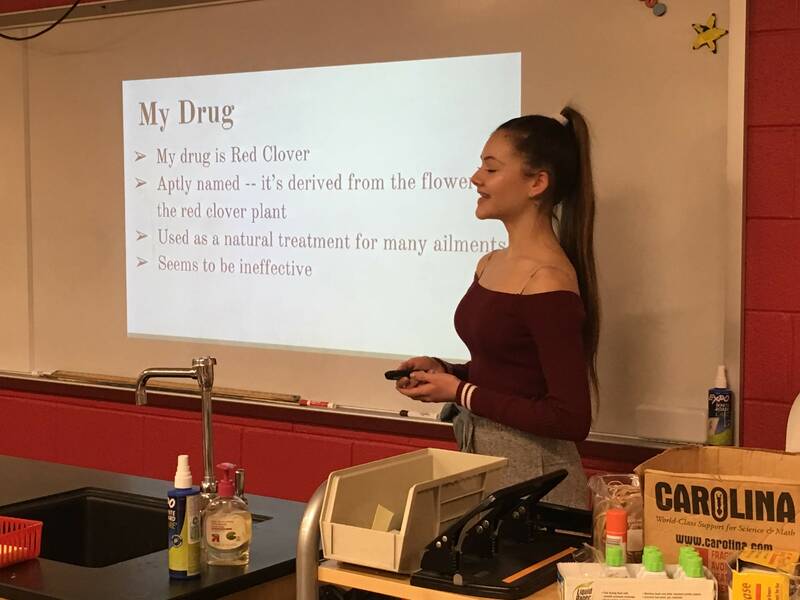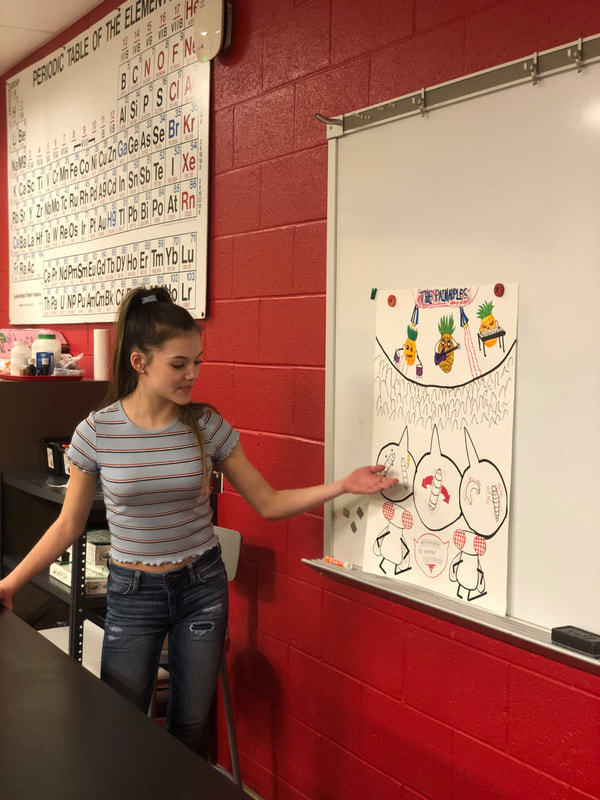 Setting up fertility assay Setting up fertility assay When TRIP began, I was admittedly terrified that I wouldn’t be able to develop an idea for my independent project in time. But here I am, having just submitted my plan for the project! I am intrigued by genetics, but I don’t have enough knowledge or experience in the field to conduct a true genetic experiment. Instead, I am doing an epigenetic experiment; I will be modifying the way in which fruit fly genes are expressed. I will administer Hydralazine, a drug that inhibits DNA methylation, to female flies and observe the drug’s effects on the flies’ offspring. DNA methylation is an epigenetic mechanism that attaches methyl groups to cytosine nucleotides. These nucleotides are usually positioned next to guanine nucleotides so that there can be methylated cytosine nucleotides directly diagonal to each other on the double-stranded DNA molecule.  Developing project idea Developing project idea Many drugs are able to induce epigenetic changes in eggs, so I would predict that if Hydralazine were to do the same, it would induce hypomethylation in eggs just like it does in adults. Methylation patterns expressed in eggs tend to continue throughout the resulting organism's entire lives, so flies from mothers drugged with Hydralazine will suffer from lifelong hypomethylation if the drug is able to successfully influence methylation in the eggs from which they develop. This will cause the flies to be weak and unhealthy, as their traditionally methylated genes will no longer be suppressed. For example, their proto-oncogenes, which promote uncontrolled cell division and tumor growth, will not be suppressed, leading to the growth of cancer-like tumors. To assess the overall health of the flies, I will use the percent hatching value obtained from the female fertility assay, the results of the negative geotaxis assay, and the percent eclosion value obtained from developmental data. So, my essential question is, “How will the presence of a methylation-inhibiting drug (Hydralazine) in the diets of female fruit flies affect the lifelong gene expression and overall health of their offspring?”
1 Comment
Diane Schafer
5/1/2019 09:02:51 pm
I am enjoying reading about your research at TRIP. What a wonderful experience! I'm proud of you!
Reply
Your comment will be posted after it is approved.
Leave a Reply. |
Archives
April 2024
Categories
All
|



 RSS Feed
RSS Feed